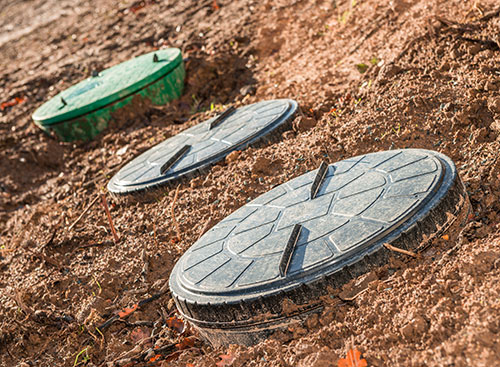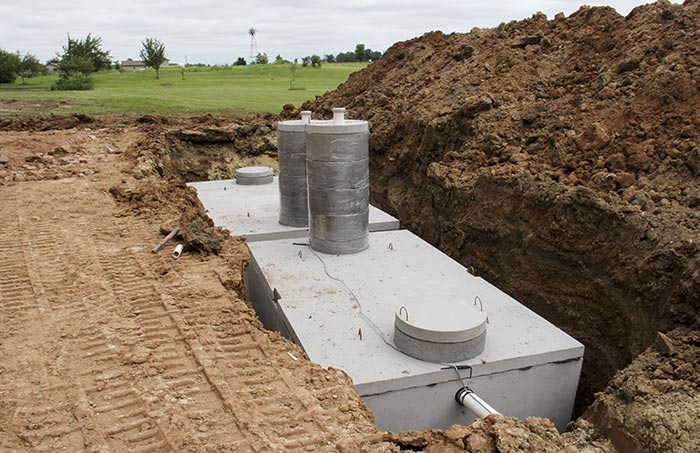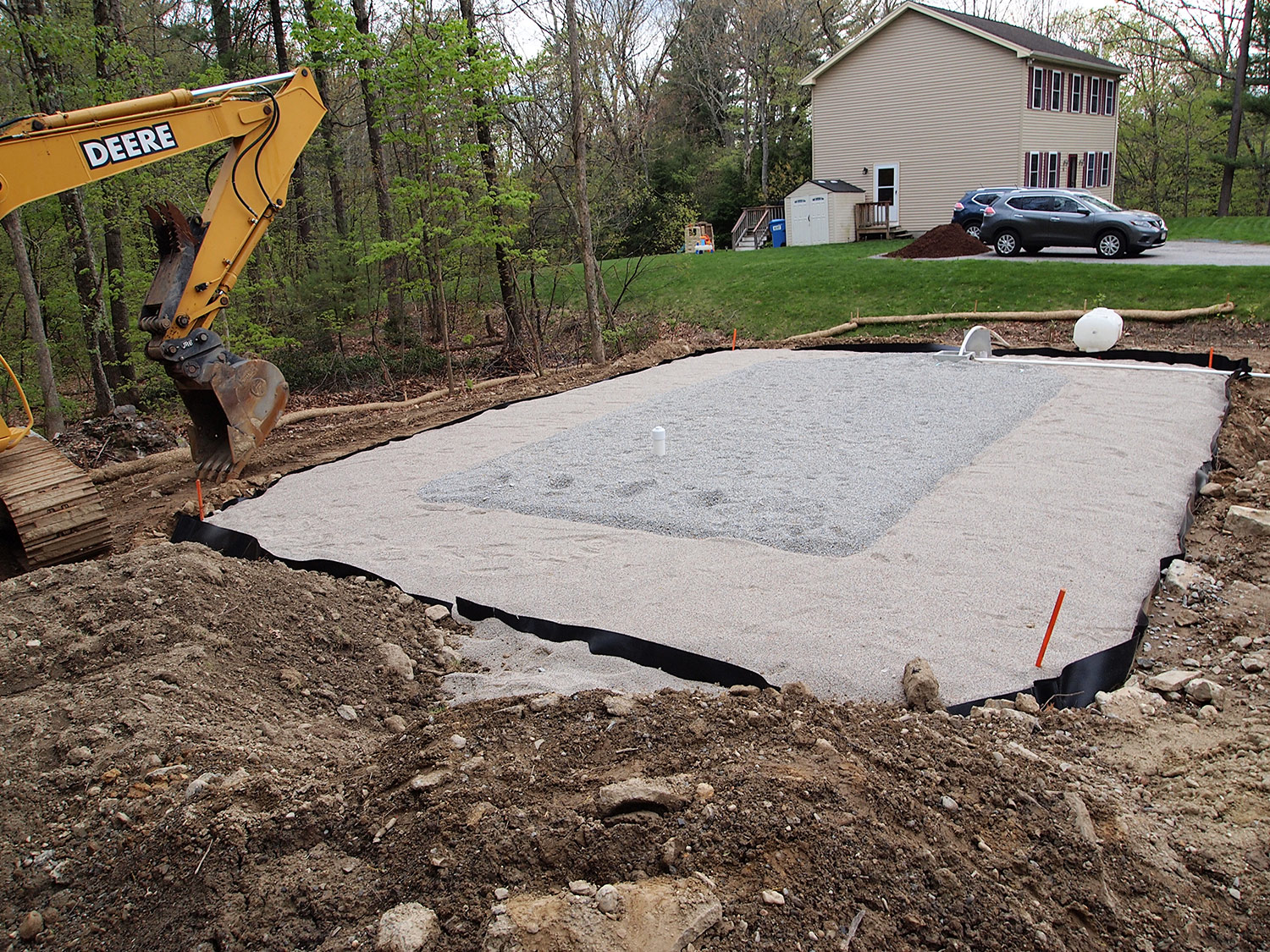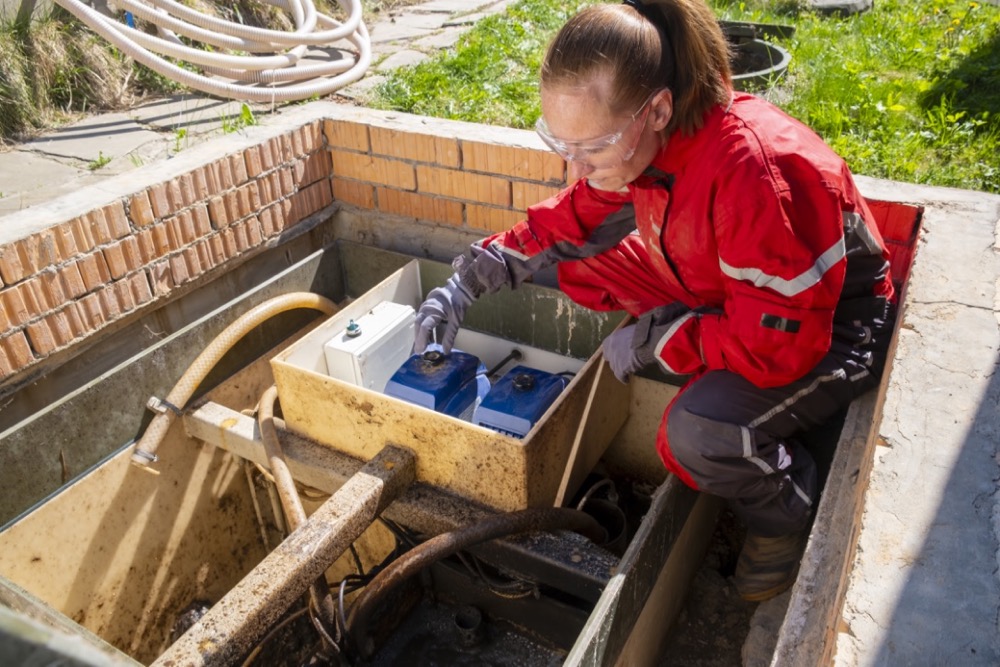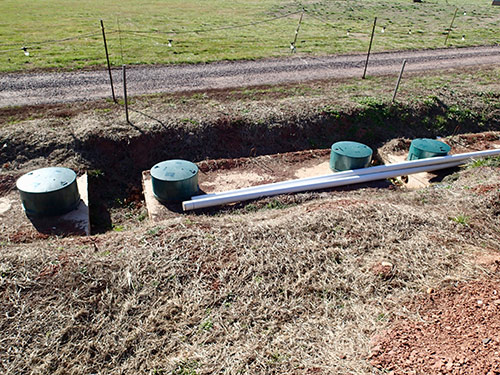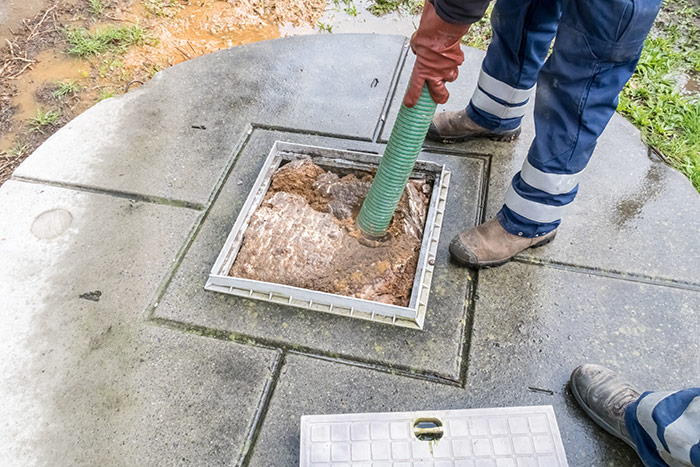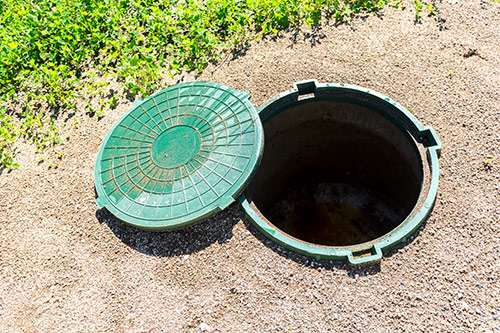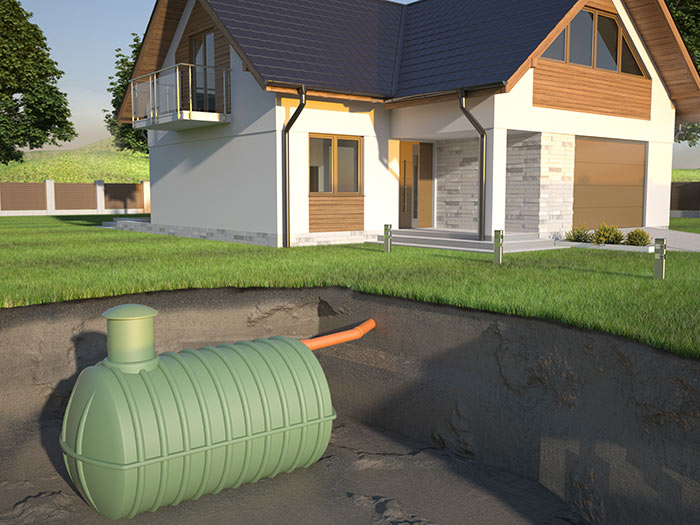
Your septic system is a vital but often overlooked part of building a home or adding an addition. When you’re planning on building a new home or adding onto your property, it’s easy to get caught up in design touches – but don’t take the septic system for granted. Below are a few reasons you should consult a specialized septic system design company for any home construction project.
1. A Thorough Site Evaluation
Many contractors know how to install a septic tank, but many don’t have the expertise or resources to perform a complete site evaluation first. After examining the soil conditions, the slope of the site, and other factors, a septic system design company can recommend solutions and take steps to prevent serious issues before they ruin your beautiful new home.
2. Getting the Right Design for Your Project
Determining the best septic system for any property depends on a number of factors, including the number of people in your household, area weather conditions, the state of the soil on your property, and local ordinances. Septic professionals will take all elements into account to ensure you get a system of the proper size and type to suit your needs.
3. In-Depth Understanding of Local Regulations
In most areas, septic system installations are strictly regulated, with expensive consequences for those whose tanks aren’t up to standard. Septic system design companies have the necessary training, certification, and experience to satisfy regulatory requirements. They’re also deeply knowledgeable about local government rules. They’ll submit all proper paperwork before excavation begins to ensure you don’t later run afoul of the law.
If you’re in need of a septic design company, contact Morse Engineering and Construction.
Source: connect2local.com

